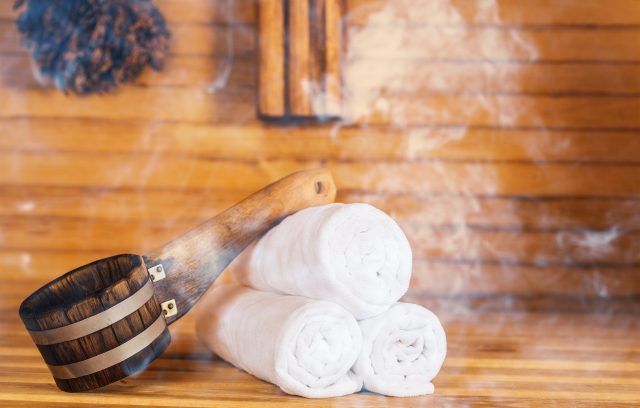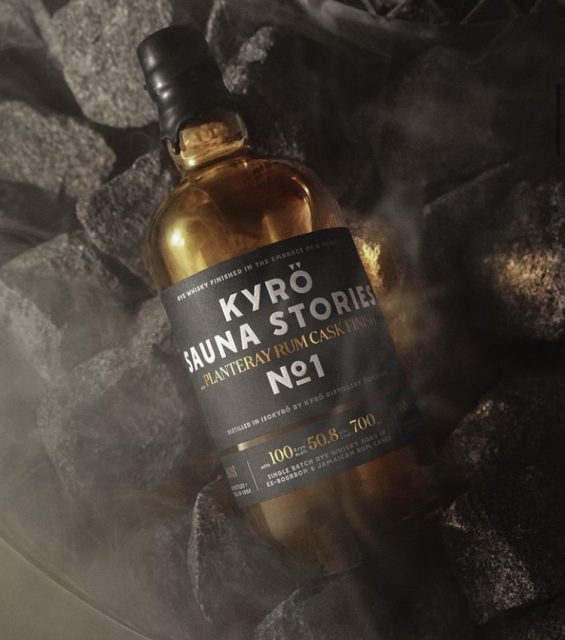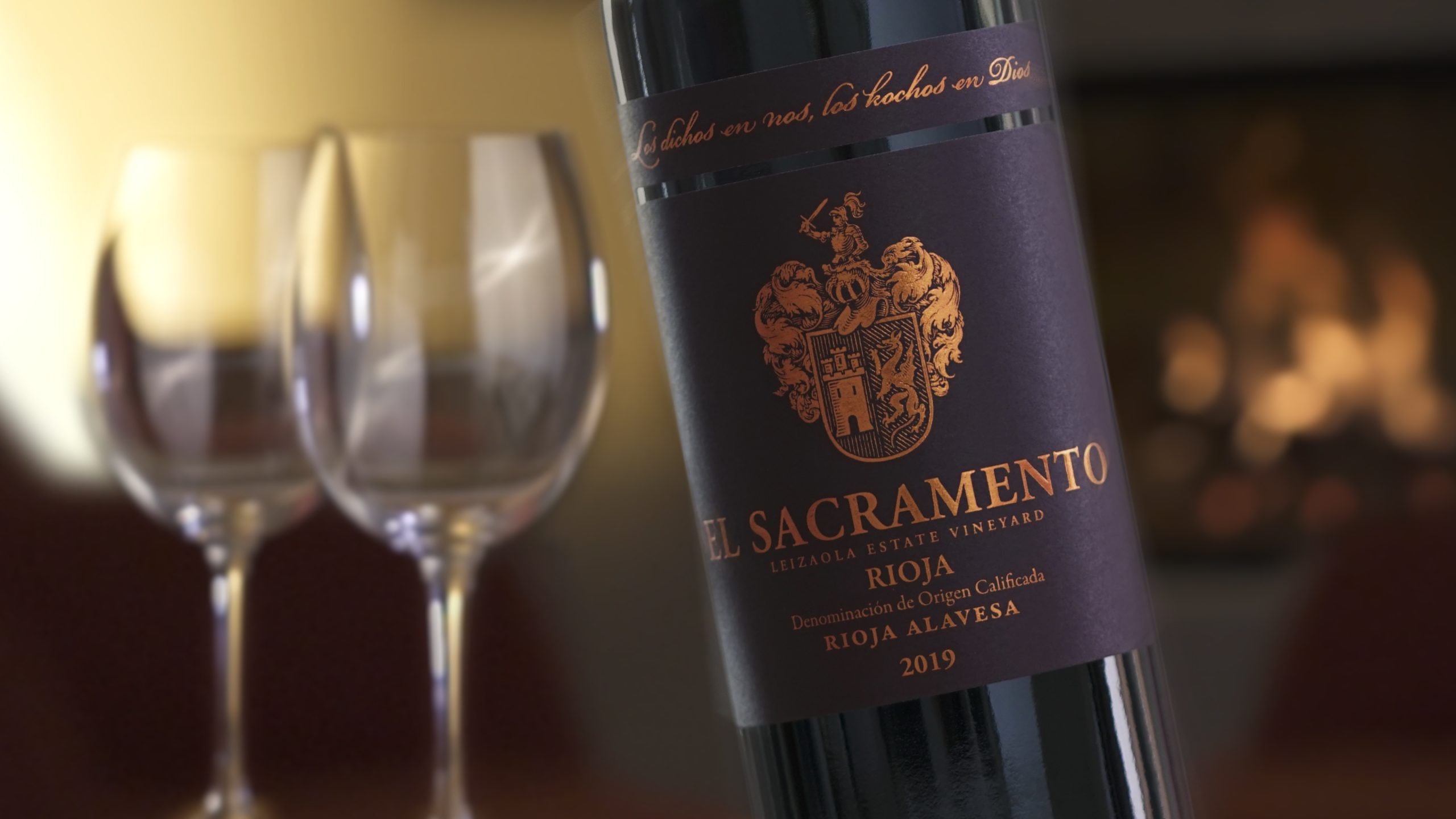Are sauna-finished whiskies a thing?
By Sarah NeishKyrö Distillery in Finland has launched what it claims is the world’s first “sauna finished whisky”. db investigates how beneficial sweating it out is for a spirit.

Kyrö Distillery has released a malted rye whisky finished in a sauna. According to the distillery, Sauna Stories No.1 – A Bold New Chapter in Whisky Innovation and Sauna Culture – was gently heated inside Planteray Rum Casks in a specially built sauna, which allows the spirit to “sweat out any disharmony”.
The heat used to power the sauna is said to be “excess heat from the distillation process”, and barrels reach internal temperatures of up to 50°C.
Kyrö’s head distiller Kalle Valkonen describes the spirit as the “most relaxed whisky” yet — “full of character, with a flavour profile that marries creamy vanilla and Jamaican fruits with the brown sugar and spice of rye.”
“I think that it’s only natural that we make whisky in a way that reflects the culture we reside in. And the fact that Finnish whisky history is nearly non-existent positions us as trailblazers,” said Valkonen.
The distillery has said there will be more sauna-finished whiskies to follow. db asks will the trend take off?

The answer hinges on how much the heat from the sauna is likely to impact the whisky.
“Heat is the main driver of cask influence, it’s like having warm tyres in a racing car. The hotter they are, the faster you’ll go,” Phil Dwyer, editor of The Whiskey Wash and manager of Manchester-based retailer Glenkeir Whiskies, tells the drinks business.
“The liquid that comes out will be much more wood influenced, and with rum [imparted from the barrel] having such sweet flavours, it should contrast with the rye very nicely.”
However, Dwyer cautions against exposing the whisky to the sauna heat treatment for too long as it could bring on “too much spice and oak”.
Partner Content
According to specialist whisky writer Billy Abbott, it’s not only the heat “but also the humidity in the sauna” that will change the whisky.
“The heat will speed up many of the processes that lead to the flavours of maturation, while the moisture in the air will change the way that spirit evaporates and leaves the cask as the Angels’ Share, probably causing the level of alcohol in the cask to drop fast,” he explains.
” I suspect the whisky would need to be in the sauna for at least a few weeks to see marked changes.”
Sustainable steam
Kyrö distillery says it powers the sauna using “excess heat from the distillation process”, leading to a greener product, which Dwyer says “is a hugely important part of modern whisky”.
“If no additional heat is being generated and an excess is being used to aid this additional maturation, then every little helps,” he says.
Abbott is perhaps slightly less convinced. “While there are other processes within the distillery that would benefit from the excess heat, sauna is an important part of the production process for the staff.”
Will others follow suit?
As for whether other distilleries around the globe will move to ageing their whisky in the sauna, the jury is out.
“Possibly. But most likely not with saunas, specifically,” says Dwyer.
“The Cheshire Distillery in the north west of England has matured its casks in shipping containers to get those heat extremes. Buffalo Trace has also experimented with temperature control in some of their whiskies. So distilleries are already doing this, but not necessarily releasing the liquids. To be fair to Kyrö, it’s a niche but fun way to launch the first release of a series. And placing its whisky inside something as traditional in Finnish society as a sauna is a nice nod to how drinks makers can marry people and liquid together.”
Abbott concurs, saying that “we’ve seen loads of distillers tinkering with the maturation process. I don’t see the trend of ‘crazy maturation’ stopping any time soon.”
Related news
The Macallan launches Hong Kong-inspired whisky for HK$37,000




